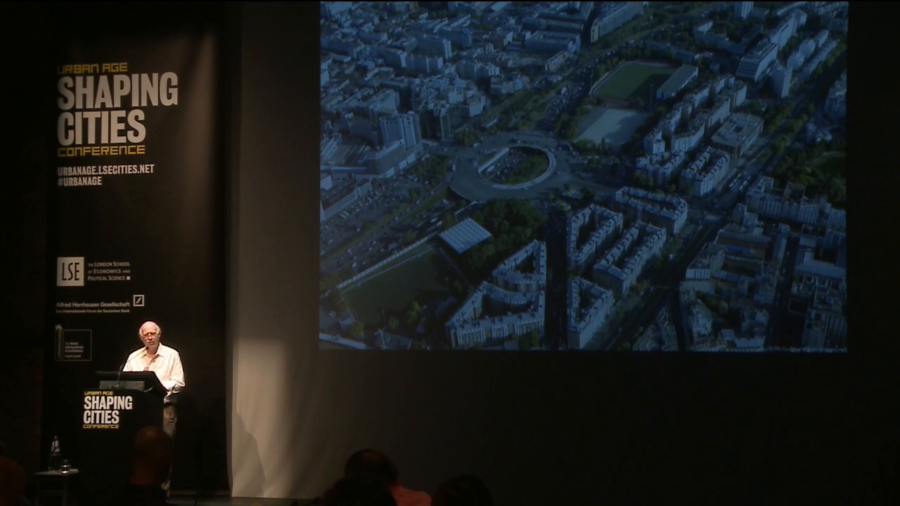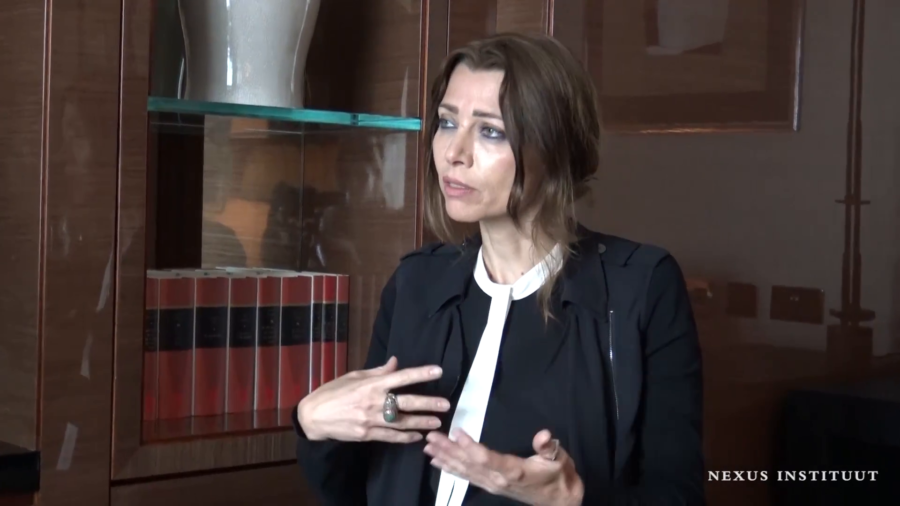In my view, what an open city means is that people are exposed to one another. That’s my idea of the open city, that it’s a place where physical presence with the other, and comfort with the physical presence of the other, does the work of allowing people to live together even if they are not engaged in the process of negating their differences.
Archive (Page 1 of 3)
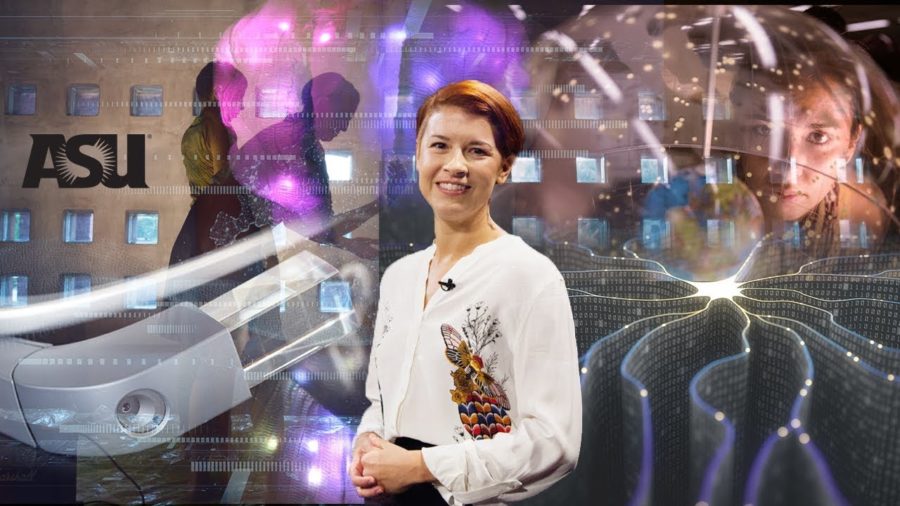
Rather than begrudgingly pushing society forward to be ready, I ask designers to critically reflect on the limitations of their own design practices and to remember that to design for one intersection of society—namely, affluent middle-to-upper-class white American men—does not mean that those designs will work for those who do not identify as such. Even with modifications.
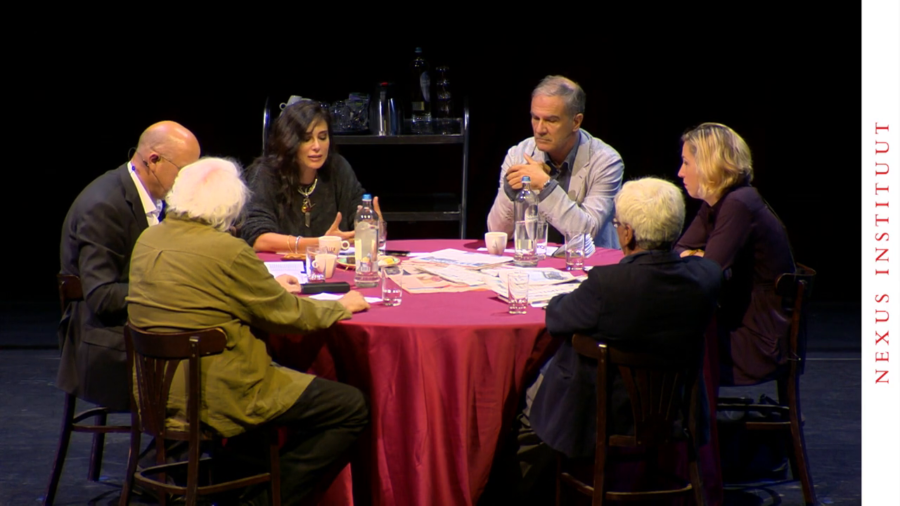
In America now, you can defend the humanities but only on economic grounds. So a theater improves a neighborhood. Or many people who study English become McKinsey consultants. But the fact is that you do it for itself, intrinsically, and you do it for the cultivation of the person and the cultivation of the citizen. Which should be reward enough.

I’m a professor here in comparative media studies and I’m codirector of an organization called AnyKey which I’ll tell you a little bit about today. We launched 2016 with the help of Intel and ESL. We’re an organization dedicated to fairness, equity, and inclusivity in gaming and in particular esports.
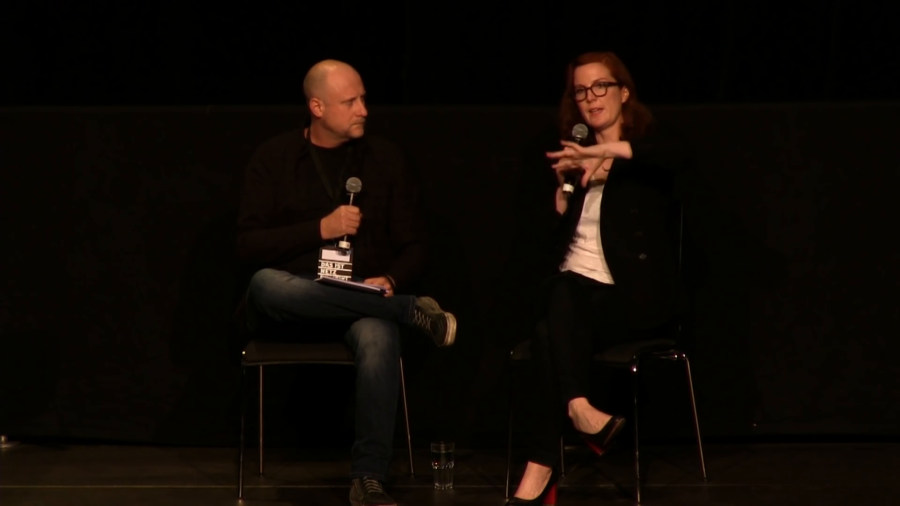
The big concerns that I have about artificial intelligence are really not about the Singularity, which frankly computer scientists say is…if it’s possible at all it’s hundreds of years away. I’m actually much more interested in the effects that we are seeing of AI now.
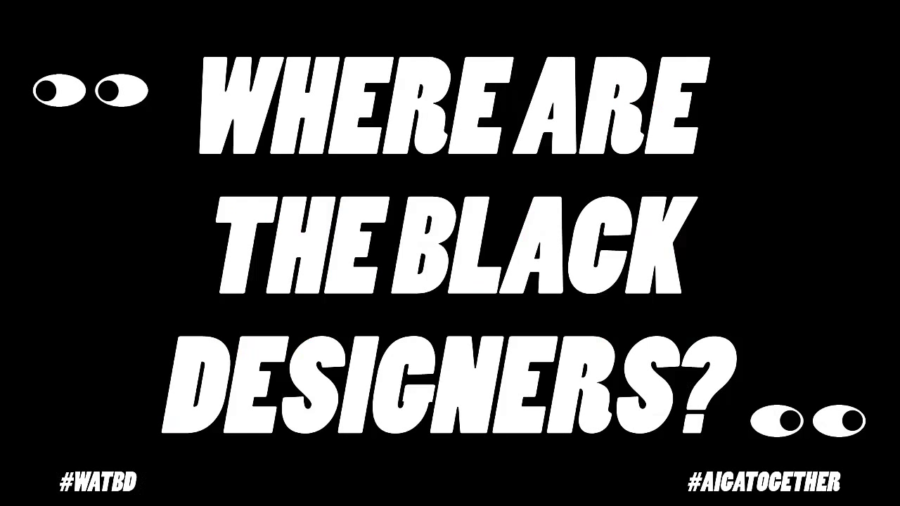
How many black designers do you know? If you find that there’s not many or you don’t know any at all, that’s actually perfectly okay. That’s fine. And part of the reasoning I think behind this is that you know, we don’t really know where they are. We don’t see them because they’re not reflected in our design media.
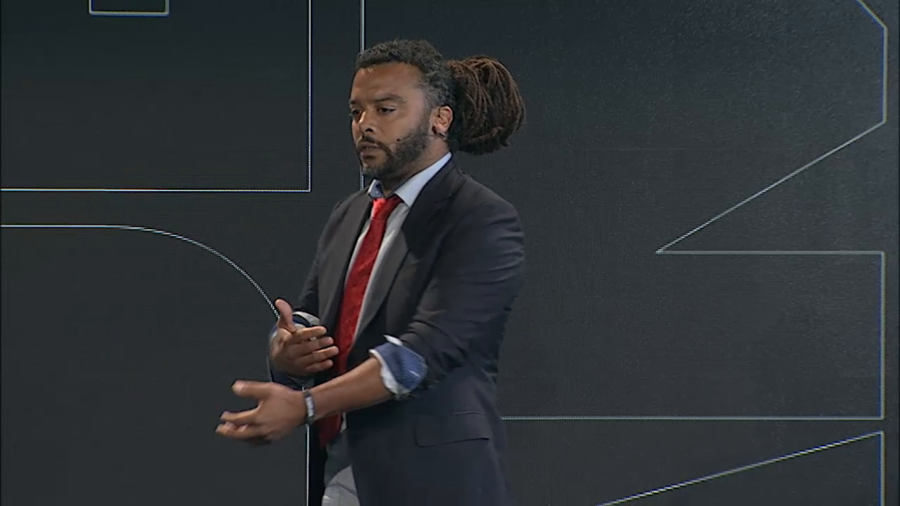
I was 25 years old when I went to law school. I was 28 when I came out. And I was a bit older than the rest of the kids in law school. And when I came out, I was equally qualified be a tax attorney or a civil litigator or an entertainment lawyer. And I just chose to be a prosecutor. No special training. No special equipment. No special tools.
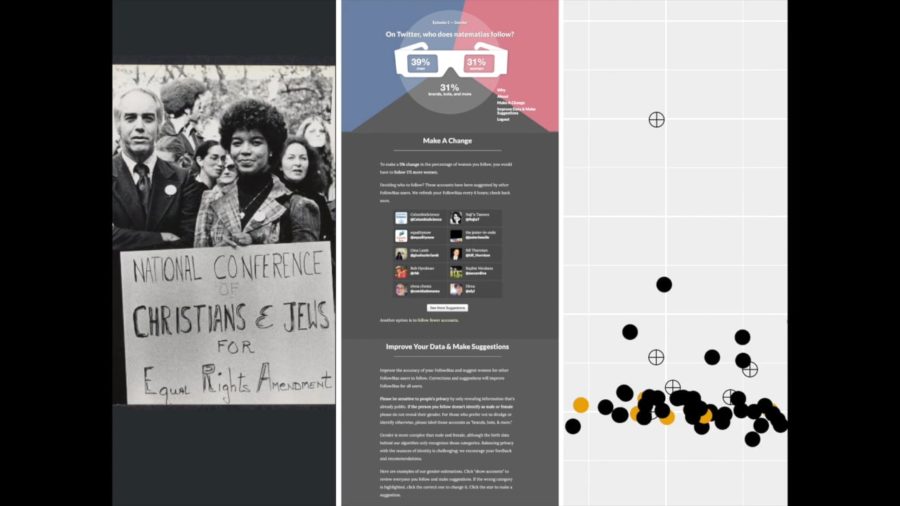
In 2011, the cultural critic Emily Nussbaum reflected on the flowering of online feminism through new publications, social media conversations, and digital organizing. But Nussbaum worried, even if you can expand the supply of who’s writing, will that actually change the influence of women’s voices in society? What if online feminism was just an echo chamber?
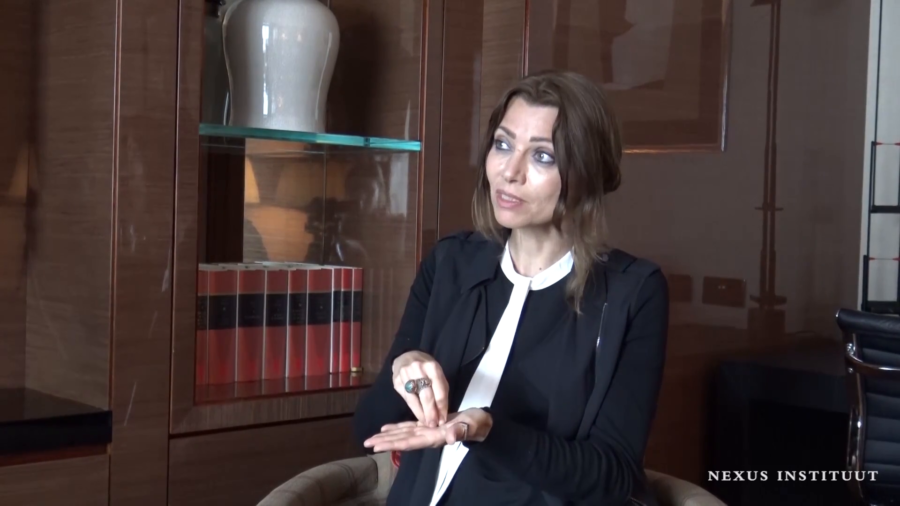
One of the primary questions, or problems as I see it, is this “illusion” that sameness will bring safety. People start to thinking that if we are surrounded by similar people, like-minded people, if we have communities based on sameness, that will bring us safety. That’s an illusion. That’s not the case at all.

